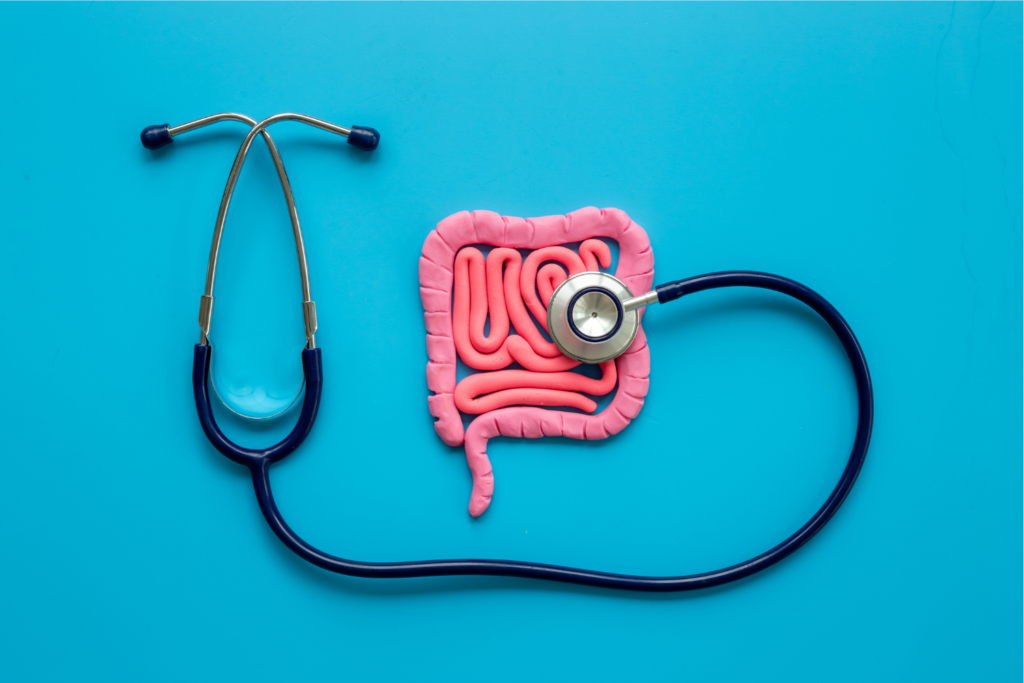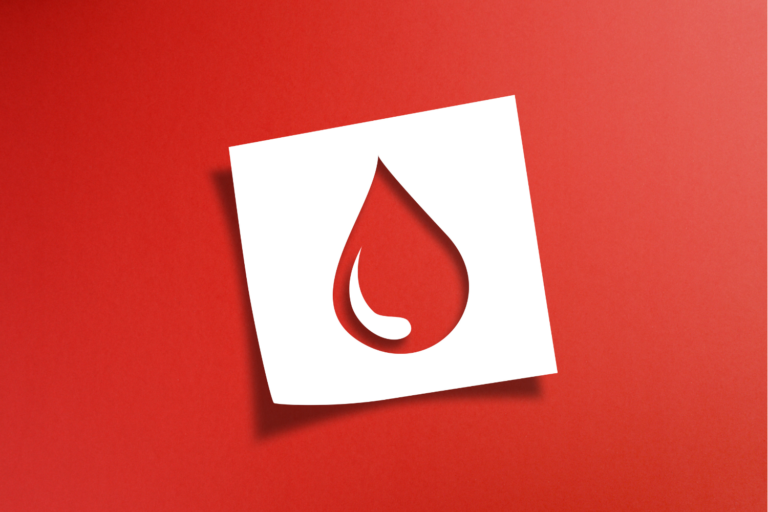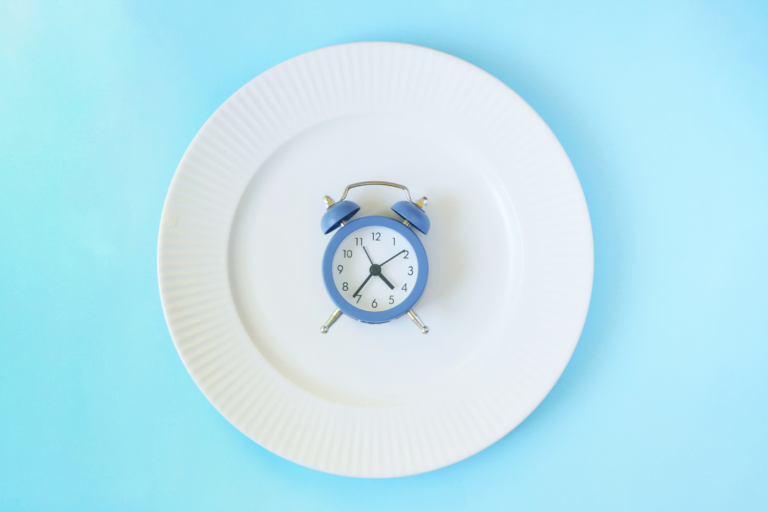Irritable Bowel Syndrome (IBS) is a gastrointestinal condition characterized by abdominal pain, bloating, constipation or diarrhea. People with IBS often experience other symptoms as well. Diagnosing this condition can be challenging because there is no specific laboratory or imaging test that confirms presence of IBS. Patients suffering from IBS should be aware that diet plays an important role in controlling symptoms. It may also be necessary to make changes to eating habits, such as regularly consuming meals at consistent times of the day and avoiding overeating. Additionally, there are various treatment options, including pharmacological and non-pharmacological approaches.
What is IBS?
Irritable Bowel Syndrome (IBS) is a gastrointestinal condition described as functional, meaning it results from disorders in functioning of digestive tract, but it is not life-threatening and does not cause serious systemic complications.
According to experts, the term “functional” is not sufficiently specific, which is why IBS is also referred to as “disorder of gut-brain interaction”, highlighting the key role of the gut-brain axis in its pathogenesis. Nevertheless, it is a condition characterized by persistent symptoms that often cause range of unpleasant discomforts and contribute to social withdrawal. Clinically, it manifests as discomfort or abdominal pain associated with defecation and changes in bowel movement patterns, which may be accompanied by disturbances in the act of defecation.
What are the causes of IBS?
Exact causes of Irritable Bowel Syndrome (IBS) are not fully understood, but it is known that they may include genetic factors, disturbances in gut microbiota, stress, diet or disorders of intestinal motility. Since symptoms associated with IBS can significantly affect patient’s quality of life, it is important to properly diagnose and treat the condition.
It is estimated that around 10-20% of population suffers from IBS. Women are twice as likely to develop it. IBS is one of the most commonly reported issues during visits at gastroenterology clinics.
What are the symptoms of IBS?
Main symptoms of IBS include abdominal pain, altered bowel movements, excessive gas and bloating, sudden urge to defecate, presence of mucus in stool and a feeling of incomplete bowel evacuation. It is worth noting that patients with IBS often exhibit symptoms beyond the digestive system, including drowsiness, migraine headaches, muscle and joint pain, urinary bladder issues and in women – menstrual disorders.
In addition to gastrointestinal problems, this disease is often associated with extra-intestinal symptoms, such as headaches, muscle pain, fatigue, sleep disturbances and mood disorders.
Diagnosis of IBS
Diagnosis of IBS should be preceded by thorough medical history, physical examination, necessary (minimally reduced) laboratory tests and, in justified situations, colonoscopy.
To diagnose the type of bowel movement disorders, the Bristol Stool Form Scale is used. Based on this scale, doctor can determine whether bowel movements are normal and how long the intestinal transit time is.
According to the latest guidelines, IBS is diagnosed based on reliable medical history and patient’s clinical symptoms, as there are no definitive diagnostic tests for this condition. Some tests are ordered to rule out other diseases. The Rome IV Criteria are used to diagnose IBS, which state that abdominal pain must occur at least 1 day per week over the last 3 months, accompanied by at least 2 of the following features:
- related to defecation
- associated with change in the frequency of bowel movements
- associated with change in stool consistency
How to manage IBS?
Since the exact cause of Irritable Bowel Syndrome (IBS) is not fully understood, treatment is not causative. It primarily focuses on minimizing the symptoms.
IBS treatment involves dietary and lifestyle changes as well as pharmacotherapy. It is crucial to adjust the diet according to the individual needs of patient, eliminate potential irritants, engage in regular physical activity and manage stress. If symptoms are severe, doctor may recommend pain relievers, anti-bloating medications or drugs that regulate bowel function. Although IBS is not life-threatening, it is important for individuals suffering from these symptoms to consult with doctor to determine the appropriate treatment plan and symptom management strategy.
During treatment process, it is essential to define the specific type of IBS:
- IBS-D – with dominant diarrhea
- IBS-C – with dominant constipation
- IBS-M – mixed subtype
- IBS-N – unclassified
Classification is important because each form of IBS requires a different treatment approach.
Lifestyle modifications that can help minimize discomfort include:
- Physical activity – regular, moderate exercise improves motility of the digestive system.
- Adequate fiber intake – mainly soluble fiber has positive effect on stool consistency and regulates bowel movements. However, it is important to note that in cases of IBS-D (diarrhea-predominant), fiber intake should be individualized, as excess fiber can worsen symptoms.
- Stress management – learning to cope with stress, along with proper rest and recovery, plays a positive role in minimizing IBS symptoms. Yoga has been shown to have beneficial effect.
What diet should be followed with irritable bowel syndrome (IBS)?
One of the protocols used to minimize IBS symptoms is temporary application of the low FODMAP diet (fermentable oligosaccharides, disaccharides, monosaccharides and polyols). This diet focuses on eliminating foods high in fermentable carbohydrates, which exacerbate bloating and gas.
The low FODMAP diet consists of three phases. The elimination phase should be applied for a period of 4-6 weeks, and then the reintroduction phase is introduced. During this phase, diet is gradually expanded with FODMAP products. The final phase is personalization, which allows for determining personal tolerance to specific products.
Stages of the low FODMAP diet
| Stage | Phase | Duration |
| 1st stage | Elimination phase | 4-6 weeks |
| 2nd stage | Reintroduction phase | may vary |
| 3rd stage | Personalization phase | long-term |
Entire treatment phase should be carried out with help of gastroenterologist and clinical dietitian. In addition to dietary modifications, it is important to focus on improving overall lifestyle, including the introduction of regular physical activity and the use of stress management techniques and relaxation.
The low FODMAP diet – recommended and contraindicated foods
Examples of foods to avoid during the elimination phase:
| Oligosaccharides | wheat, rye, chickpeas, lentils, various types of beans, garlic, onions, leek, asparagus |
| Disaccharides (lactose) | milk, yogurt, soft cheese (e.g., ricotta cheese, feta cheese) |
| Monosaccharides (fructose) | apples, pears, mangoes, watermelon, honey, agave syrup |
| Polyols | apricots, cherries, nectarines, peaches, plums, avocado, sweeteners ending n “-ol” (sorbitol, mannitol, xylitol and maltitol) |
Examples of allowed foods in the elimination phase:
| Vegetables | carrots, eggplant, pumpkin, zucchini, spinach, tomatoes, cucumber |
| Fruit | unripe bananas, oranges, strawberries, raspberries, kiwi |
| Dairy and substitutes | lactose-free milk, hard cheese, eggs |
| Meat and fish | meat and fish – not marinated in FODMAP-rich products |
Supplementation in IBS
Supplements in Irritable Bowel Syndrome (IBS) can play role in alleviating symptoms and improving quality of life for patients. There are many types of supplements that can be helpful for individuals suffering from IBS. One of the most popular is insoluble fiber, which helps maintain regular bowel movements and alleviate abdominal pain. Fiber should come from allowed vegetables, fruits, psyllium husk or flaxseed.
Another effective supplement is probiotic Lactobacillus plantarum 299v, which supports healthy gut microbiota, potentially helping with reduction of diarrhea and bloating. Omega-3 fatty acids can also provide relief for IBS patients by reducing inflammation in intestines. Furthermore, some patients use herbal supplements, such as peppermint or chamomile, which can help reduce abdominal pain and indigestion. These types of products can be found in stores under names like Iberogast.
However, it is important to remember that introducing supplements into the diet should be discussed with doctor, as some may cause side effects or interact with other medications patient is taking. It is also essential to choose only trusted and safe supplements that suit the individual’s needs and health condition. Consulting with clinical dietitian is a good idea, as they can help select appropriate supplements and adjust the diet in a way that improves health of patients with IBS.
Summary
Irritable Bowel Syndrome (IBS) is a gastrointestinal disorder characterized by symptoms such as abdominal pain, bloating, constipation and diarrhea. Diagnosing IBS is difficult and is based on medical history, physical examination and the exclusion of other conditions. Diet plays a significant role in controlling IBS symptoms, and the low FODMAP diet can be an effective option. Treatment also includes lifestyle changes, pharmacotherapy and optionally using supplements such as fiber or probiotics. There are different forms of IBS (IBS-D, IBS-C, IBS-M), which requires individualized treatment approach. Consultation with doctor and clinical dietitian, along with monitoring symptoms, are key to effective IBS therapy.
Sample low FODMAP diet for IBS – mobile application subscription
If you suffer from IBS and want to improve your eating habits, try subscribing to mobile app with a sample low FODMAP diet. Calculate your caloric needs and get inspired by recipes rich in antioxidants that will help reduce pain.
Or perhaps you’re interested in personalized cooperation with dietitian? If you’d like to tailor your diet to your needs, capabilities and expectations, schedule a preliminary consultation or purchase a 3-month package.
Sources:
- Adrych K., Zespół jelita drażliwego w świetle najnowszych wytycznych, „Forum Medycyny Rodzinnej”, 2018, 12 (6), 224-233.
- Żelowski A., Wojtuń S., Gil J., Dyrla P., Zespół jelita nadwrażliwego – podstawowe zasady rozpoznania i leczenia, „Pediatria i Medycyna Rodzinna”, 2013, 9 (3), 250-255.
- Radwan K., Odzyskaj kontrolę nad jelitami, MUZA, Warszawa 2023.
- Balwierz R. i in., Rola diety i metod leczenia żywieniowego w ograniczeniu dolegliwości zespołu jelita drażliwego, „Bromatologia farmaceutyczna”, 2021, 77 (5), 329-336.
- Pawlak K. i in., Dieta L-FODMAP w leczeniu zespołu jelita drażliwego, „Bromatologia i Chemia Toksykologiczna”, 2017, 2, 179-183.
- Gumiela D., Postępowanie dietetyczne u osób chorujących na zespół jelita drażliwego (IBS), „Forum Zaburzeń Metabolicznych”, 2020, 11 (3), 120-127.



